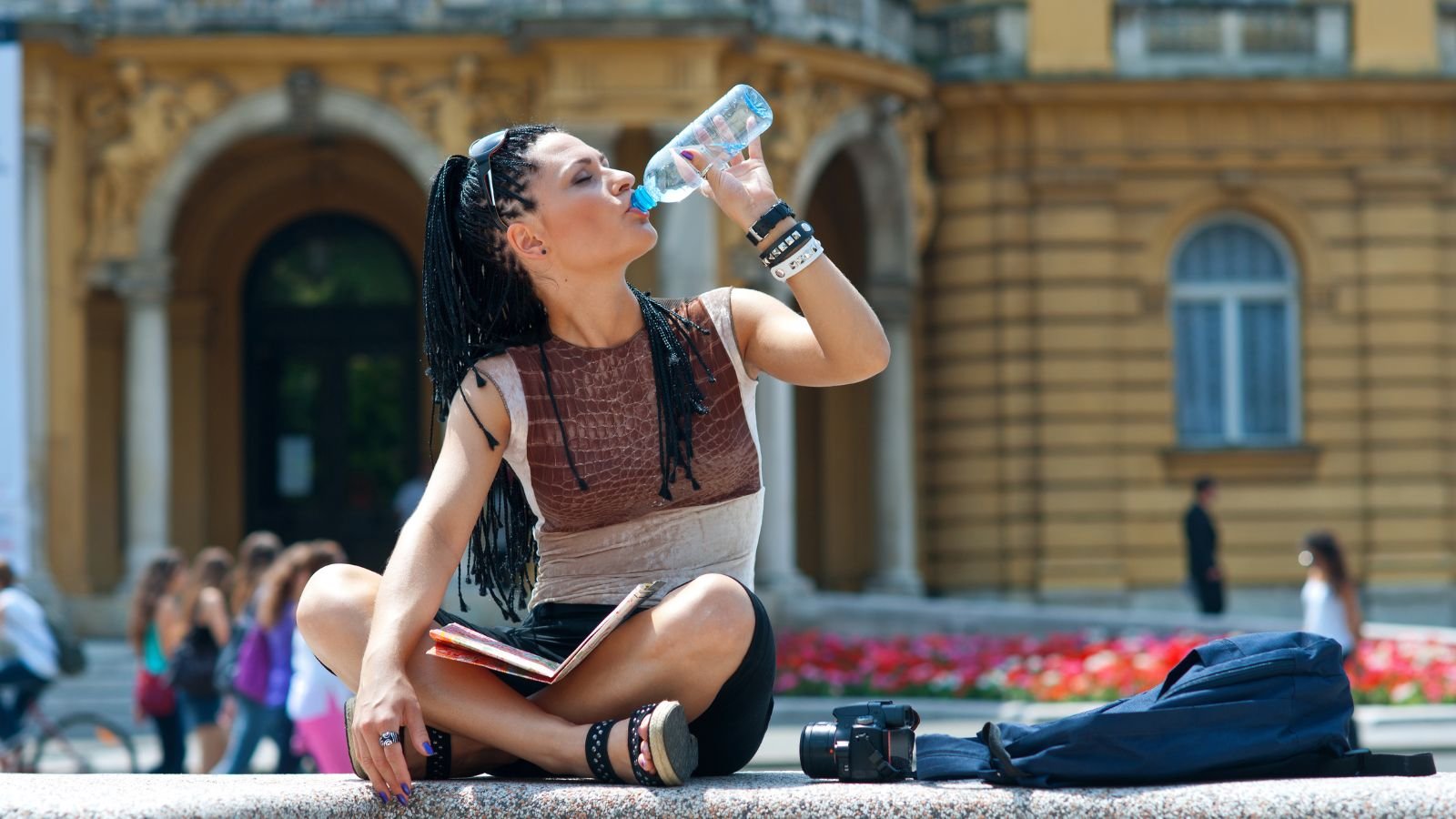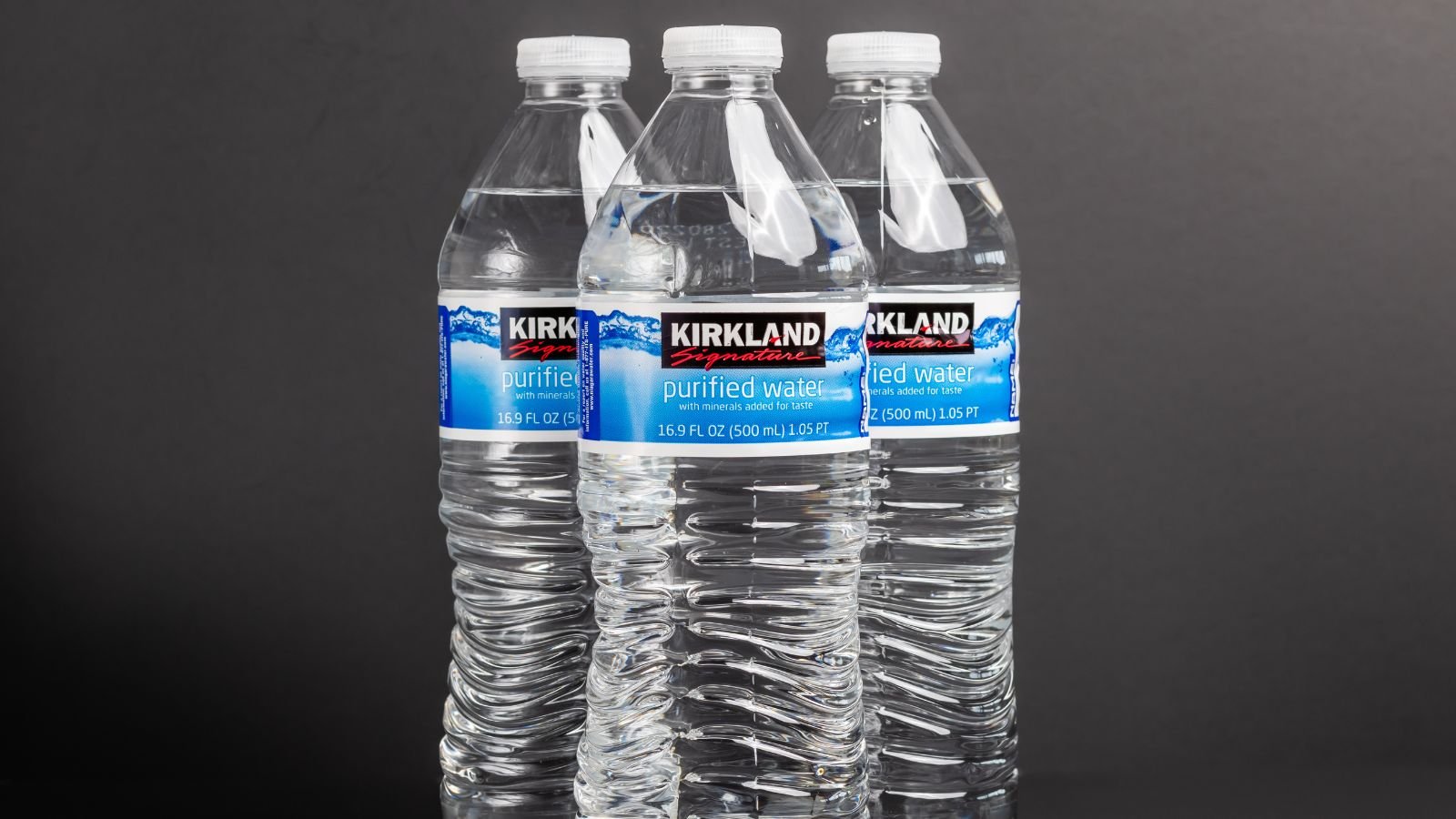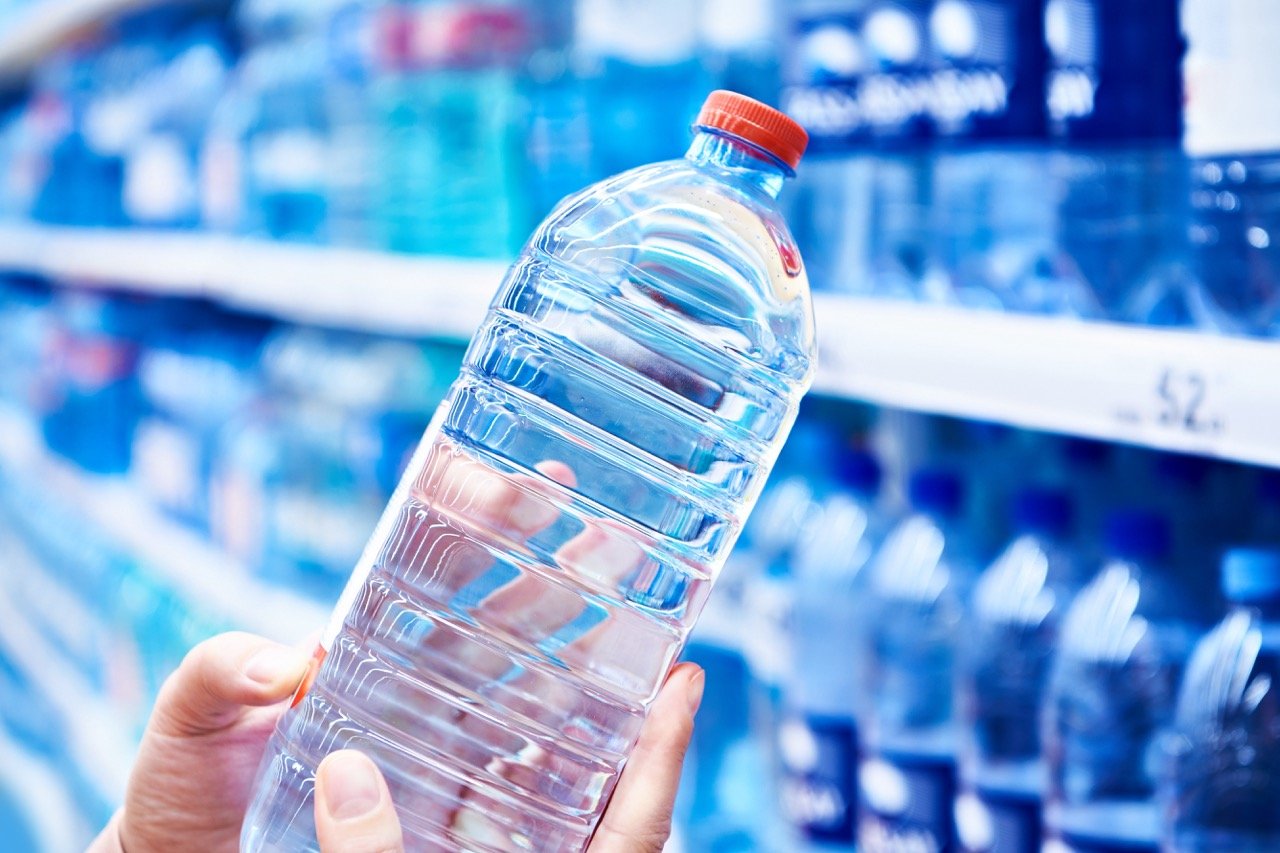Bottled water is the number 1 choice of packaged beverages for many Americans, yet it comes with many misconceptions. The International Bottled Water Association recently reported that 15.94 billion gallons of water was consumed in the United States in 2023. While some believe it is safer or healthier than tap water, others think it harms the environment. However, not everything you hear about bottled water is true.
We took insights from multiple online platforms and gathered the top myths about bottled water. Here, we will debunk the most common myths about bottled water and reveal the facts behind them.
Myth: Bottled Water is Safer Than Tap Water

Nearly 6 in 10 Americans regularly consume bottled water. However, relying heavily on bottled water doesn’t mean it’s necessarily safer than tap water. In the U.S., tap water is regulated and frequently tested under the Safe Drinking Water Act (SDWA). In fact, municipal water systems often have stricter standards than those required for bottled water. Both tap and bottled water can be safe, but the belief that bottled water is always safer is a misconception.
Myth: Bottled Water is Pure and Sterile

Bottled water is not always pure. Some bottled waters are nothing more than tap water that has been filtered or treated. While some brands offer spring or mineral water, many are simply purified municipal water. Purity can vary, and not all bottled water is free from contaminants. In January 2024, researchers from Columbia University found in their study the presence of millions of nanoplastics in three top bottled water brands in the U.S.
Myth: Bottled Water Has More Nutrients Than Tap Water

Bottled water is not inherently healthier than tap water. Tap water in many areas contains essential minerals like calcium and magnesium that are good for your health. Some bottled waters might lack these minerals, and others may even contain added chemicals like fluoride, just like tap water. The health benefits depend on the source and treatment of the water. Many northern American states, like Arizona, California, etc., have high mineral content in their tap water.
Myth: There Are Not Stringent Regulations for Bottled Water

The Environmental Protection Agency (EPA) oversees and scrutinizes natural drinking water sources in the United States. The regulatory authority for bottled water brands, the Food and Drugs Administration (FDA), classifies and monitors the manufacturing process. The Federal Food, Drug, and Cosmetic Act (FFDCA) applies to products manufactured and sold interstate and within a single state.
Myth: All Bottled Water Comes From Pristine Sources

Not all bottled water comes from natural springs or pristine sources. A large portion is sourced from municipal supplies, which means it is the same water that comes out of your tap. The idea that all bottled water is drawn from untouched, remote locations is misleading. The New York Rural Water Association reports that around 64% of bottled water in America is processed tap water.
Myth: Bottled Water Reduces Groundwater Level

As per the United States Geological Survey’s report, the bottled water industry in the U.S. uses only 0.2% of the total groundwater withdrawn annually in the country. Moreover, every bottled water brand must abide by the U.S. Food & Drug Administration (FDA) regulations. Thus, they can not exploit the groundwater sources as they please.
Myth: Bottled Water is a Luxury Product

Bottled water is often marketed as a premium or luxury product, but this perception is created through advertising. Often, it is just filtered tap water packaged in a convenient form. The high price tag does not necessarily reflect a higher quality. Moreover, the price of bottled water varies from brand to brand. Consuming bottled water regularly can cost quite a lot in the long stretch. Statistics reveal that the private bottled water industry earned $5.3 billion in 2023.
Myth: Bottled Water Tastes Better Than Tap Water

The taste of bottled water is not necessarily better than tap water. Taste can be subjective, and factors like the minerals in the water and the plastic from the bottle can affect flavor. In blind taste tests, many people cannot distinguish between bottled and tap water, and some even prefer the taste of tap water.
Myth: Bottles of Packaged Water Contain Harmful Chemicals

The plastic containers of bottled water have to be made following FDA guidelines. The myth around disposable plastic bottles of water containing high levels of Bisphenol A (BPA) is not fact-proved. However, it is not recommended to reuse packaged water bottles as only some brands have the same quality and thickness of plastic. Cracks or scratches or uncleaned inside can harbor the growth of bacteria in plastic bottles.
Myth: The Quality of Water Information Is Available on the Packaging of Bottled Water

As per the FDA regulations and the Nutrition Labeling and Education Act (NLEA), bottled water brands only need to mention any added ingredients on the labels. Therefore, packaged mineral water bottles have information on specific nutrients added to the water. However, water quality is not disclosed on any packaging, irrespective of the type of water, such as spring water, mineral water, or purified water.
